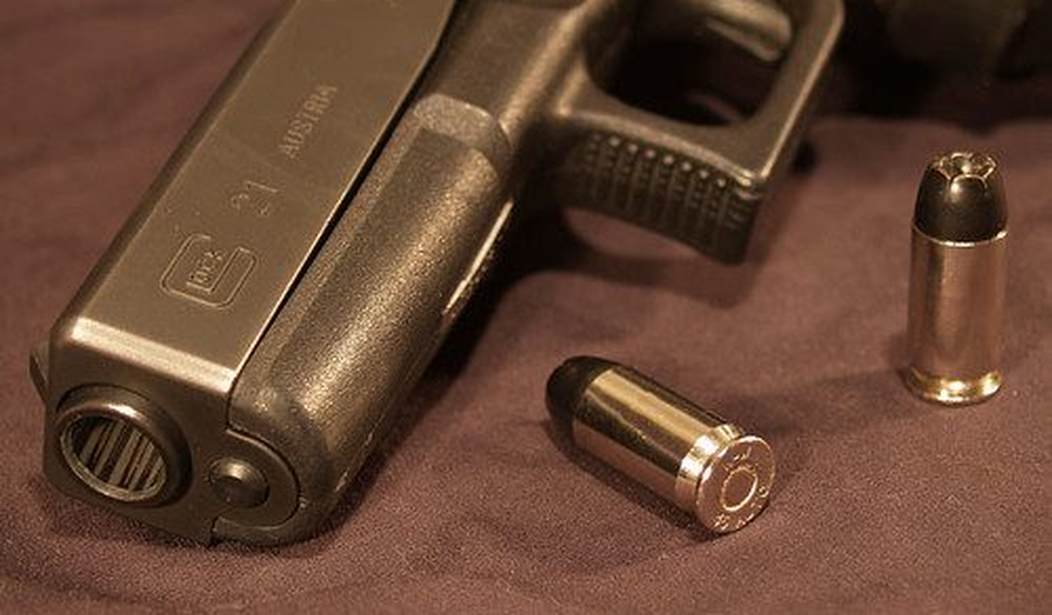Talk to fellow gun owners sometime and many will tell you that they don’t admit to owning guns to a lot of folks. They’re not ashamed of it or anything, they just get a little paranoid when some stranger calls and starts asking if you have firearms in the house.
It seems that many were unaware of this phenomenon or, at least, figured it was only a small, paranoid percentage.
However, it seems a recent study took a look at it and realized it’s a bigger deal than folks thought.
“Some individuals are falsely denying firearm ownership, resulting in research not accurately capturing the experiences of all firearm owners in the U.S.,” says Allison Bond, a doctoral student with Rutgers University’s New Jersey Gun Violence Research Center and lead author of “Predicting Potential Underreporting of Firearm Ownership in a Nationally Representative Sample,” published last month in Social Psychiatry and Psychiatric Epidemiology. “More concerningly, these individuals are not being reached with secure firearm storage messaging and firearm safety resources, which may result in them storing their firearms in an unsecure manner, which in turn increases the risk for firearm injury and death.”
Bond frames the problem of dishonesty among survey respondents as posing a danger to those surveyed since they don’t receive proper firearm safety information. But her deeper concern is with the validity of research into firearms culture and policy in a country where experts don’t have anywhere near as good a handle on the prevalence of gun ownership as they had believed.
“The implications of false denials of firearms ownership are substantial,” claim the authors. “First, such practices would result in an underestimation of firearms ownership rates and diminish our capacity to test the association between firearm access and various firearm violence-related outcomes. Furthermore, such practices would skew our understanding of the demographics of firearm ownership, such that we would overemphasize the characteristics of those more apt to disclose. Third, the mere existence of a large group of individuals who falsely deny firearm ownership highlights that intervention aimed at promoting firearm safety (e.g., secure firearm storage) may fail to reach communities in need.”
Of course, that all sounds bad when she puts it like this, but the truth is that the “intervention” thing she mentions is part of why people aren’t talking.
At the end of the day, gun ownership has been demonized and stigmatized. Most of us who are vocal in our support for the Second Amendment have been called everything but a decent human being by those who claim to be so empathetic.
That leads a lot of people to just not talk about it at all.
That’s something Bond actually notes, too.
“It may be that a percentage of firearm owners are concerned that their information will be leaked and the government will take their firearms or that researchers who are from universities that are typically seen as liberal and anti-firearm access will paint firearm owners in a bad light,” the authors allowed. They also speculated that many respondents falsely denying owning guns may come from communities that are traditionally unfriendly to gun ownership. That’s an interesting possibility considering that nearly half of all those designated as potential gun owners are unmarried urban women of color. In fact, as the study points out, many new gun owners are women and minorities.
That ultimately tracks with a lot of what we’re seeing in general with regard to new gun owners and the first part of that paragraph tracks with at least my own experience.
A while back, I suggested making July “Gun Pride Month.”
I still think it’s a good idea, but a lot of people decided that meant I was a fed and was trying to figure out who owned what kind of guns. It was frankly hilarious, in a way, but it does show there is a lot of concern about guns. No one should trust the government after what we’ve seen in the last few years, but as a result, they’re not trusting anyone.
Then there’s the fact that a lot of people actually craft their answers based on what they think the pollster wants to hear. For many black and women gun owners, that may mean denying they have guns.
All of this makes things interesting from a political standpoint, though.
For the most part, gun owners tend to be gun voters. They may be willing to allow for a couple of gun control laws here or there, but they’re far more likely to oppose sweeping anti-gun regulations. That might be why supposedly popular gun control bills, when voted on by the people, fail in many states.
It may also mean that other gun control laws don’t have the support some think.
That’s just speculation.
What we do know is that there are likely a whole lot more gun owners than previously thought, and that means lawmakers would do well to start thinking carefully about infringing on our rights.








Join the conversation as a VIP Member